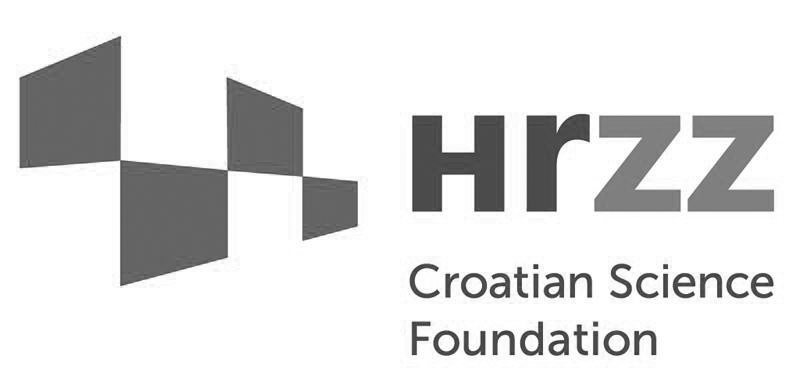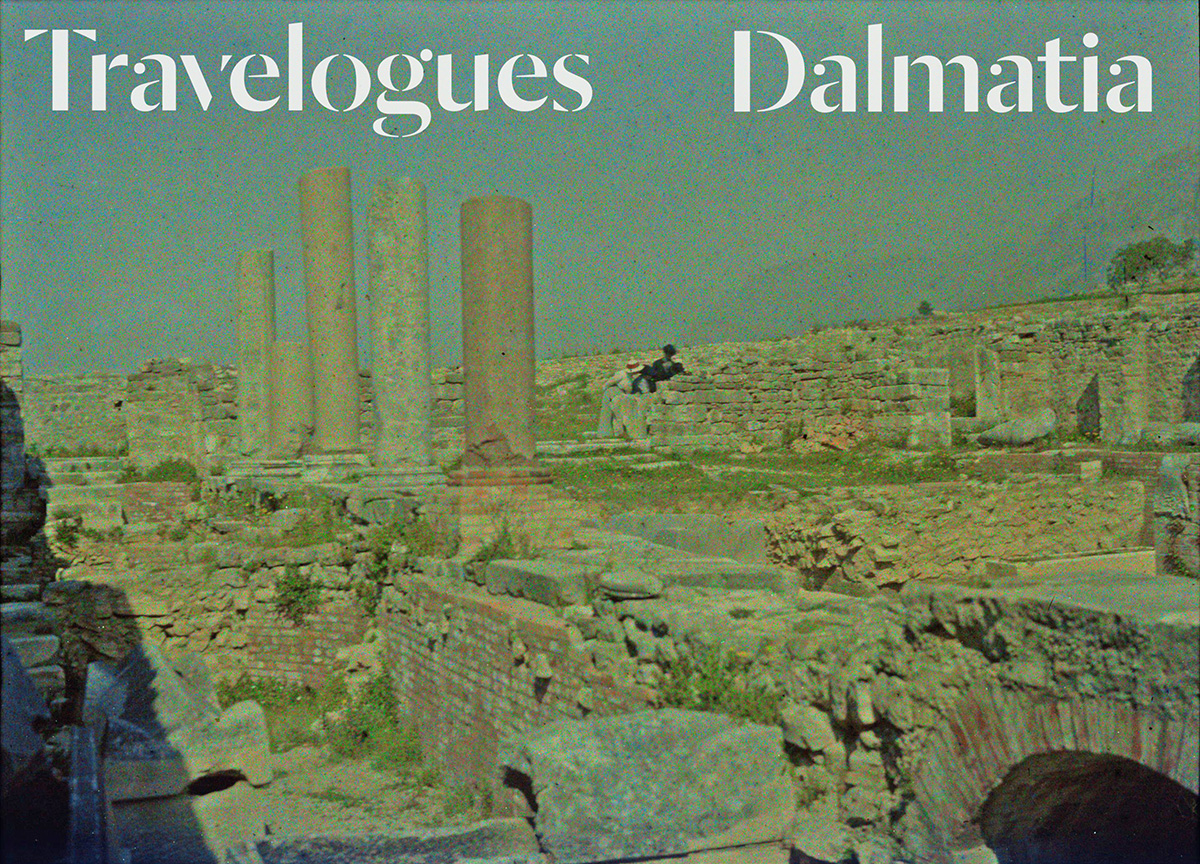“Where East meets West”: Travel narratives and the fashioning of a Dalmatian artistic heritage in modern Europe (c. 1675 – c. 1941)
About the project
The Travelogues Dalmatia project develops the approach and findings of the HRZZ project Dalmatia as a Destination of the European Grand Tour in the 18th and the 19th Centuries (Grand Tour Dalmatia); the first in Croatia to analyse textual and visual travelogues on an equal footing. Travelogues Dalmatia will focus on an important shift in the role of travelogues – from describing spaces, to interpreting the artistic heritage of Dalmatia – during a period which saw the popularisation and internationalisation of the travel genre. Our work builds on the contention that the images of Dalmatian artistic heritage formed in the European imagination from the seventeenth to the twentieth centuries cannot be understood without considering the comparative constructions of the region in a wide range of travel narratives. Travelogues played a significant role in the formation of Dalmatia’s European identity and artistic heritage, thanks to the region’s geopolitical position on the border between East and West. The resulting contact between the Christian and Islamic worlds was recorded in Dalmatian art, and became a subject of great interest to travellers to the region.
Scholarly research is paying increased attention to travelogues as important documents of the cultural identity of a region. Contemporary historiography, meanwhile, is also critically re-examining heterostereotypes and autostereotypes of the artistic heritage of Central Eastern Europe. This project therefore has theoretical and historiographical relevance for European art history and other humanities, as well as for contemporary Croatian cultural identities. This relevance is grounded in the project’s consideration of the contribution that travelogues have made to the positioning of Dalmatian artistic heritage in a European context, as well as in the assumption that a critical revision of this position is required. Our next hypothesis is that the travelogue as a form is an autonomous multidisciplinary and multimedia practice, but has yet to be fully elaborated in Croatian scholarship in line with current international research. This project thus seeks to expand the category of the travelogue to incorporate various media, and will include the first systematic study of women’s travelogues from this period. Overall, the project will enlist interdisciplinary research in the humanities to offer travel-related resources a new scholarly significance in a broader cultural and heritage context.
Follow the activities of the research team here.
Results of the project are available through CroRIS.
Principal Investigator
Ana Šverko PhD, Institute of Art History, Cvito Fisković Centre, Split
Research Team
Joško Belamarić, PhD, Institute of Art History, Cvito Fisković Centre, Split
Mateo Bratanić, PhD, University of Zadar
Irena Kraševac, PhD, Institute of Art History Zagreb
Sandra Križić Roban, PhD, Institute of Art History Zagreb
Katrina O’Loughlin, PhD, Brunel University London
Cvijeta Pavlović, PhD, University of Zagreb, Faculty of Humanities and Social Sciences
Marko Špikić, PhD, University of Zagreb, Faculty of Humanities and Social Sciences
Elke Katharina Wittich ,PhD, Leibniz Universität Hannover
Sanja Žaja Vrbica, PhD, University of Dubrovnik
Project acronym: TraveloguesDalmatia
Project duration: 28 December 2023 – 27 December 2027
-
The competitive scientific research project is implemented with the support of the Croatian Science Foundation, and is managed under the code IP-2022-10-8676.
#TraveloguesDalmatia #IPU #HRZZ
